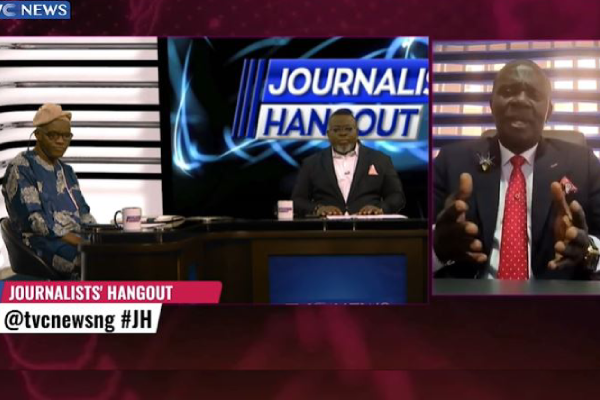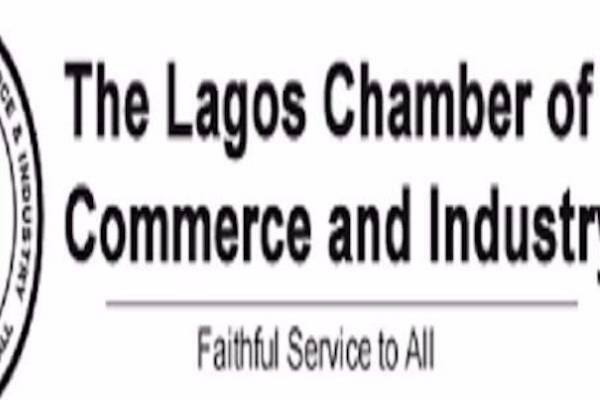Fighting corruption has been a hidden task for us as a country, facts emerging from the agencies at the Forefront of the fights against crafts points to the difficulties involved the independent Corrupt Practices and other related offenses commission ICPC has scored the Ministry of Finance Education, power low.

In its latest ethics and transparency index reports, the breakdown of the report shows that 52 agencies scored zero in the ranking and were marked as high corruption risk by the commission.
Prominent among them is the Federal Ministry of Education, the Supreme Court, court of appeal, the national judicial Institute NJC, the Nigerian Christian pilgrims commission, National Bureau for statistics NBS and the National Pension Commission.
Reacting to some of these lists, Kassim Afegbua, a journalist said in Nigeria, we are quite familiar with agencies that are corrupt whether they are listed or not but having a strong political will the capacity and the resilience to insist that the writings must be done.
Mr Tunde Abatan added that 360 MDAs, Ministry and departments were sent questionnaires and 50 out of them refused to acknowledge or answer those questions.
According to him, refusing to answer ultimately means that something is amiss.
Speaking further, Mr Afegbua said there is slow administration of justice in Nigeria.
He noted that the volume of work at that disposal is quite hard and so the tendency to commence and conclude issues of anti-corruption cases that are peculiar in their own add to anti-corruption and it takes a longer time for you to dispense with.
He added that he would have supported a situation where there are special courts set up predominantly to handle cases of anti-corruption.
Countries who have contended with anti-corruption fights set up certain special courts, a good example will be the Singaporean experience.
Mr Afegbua said what Nigeria needs to do is to set up special anti-corruption courts which would be vested with the responsibility of handling those cases in record time.





